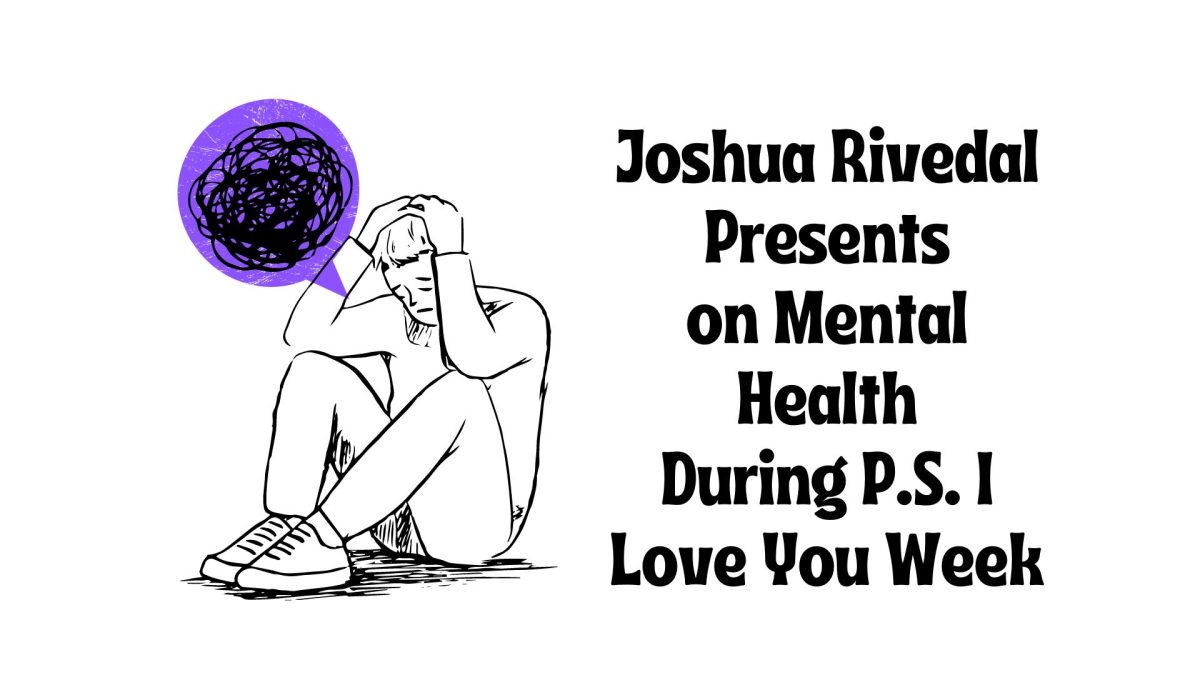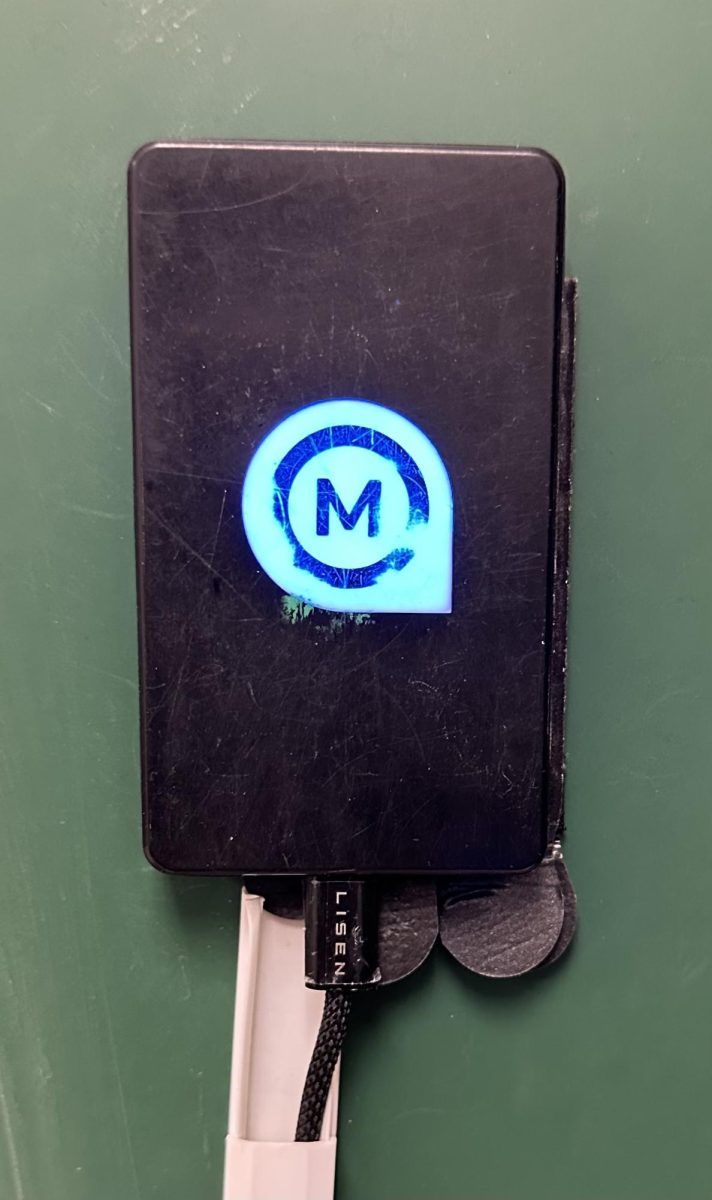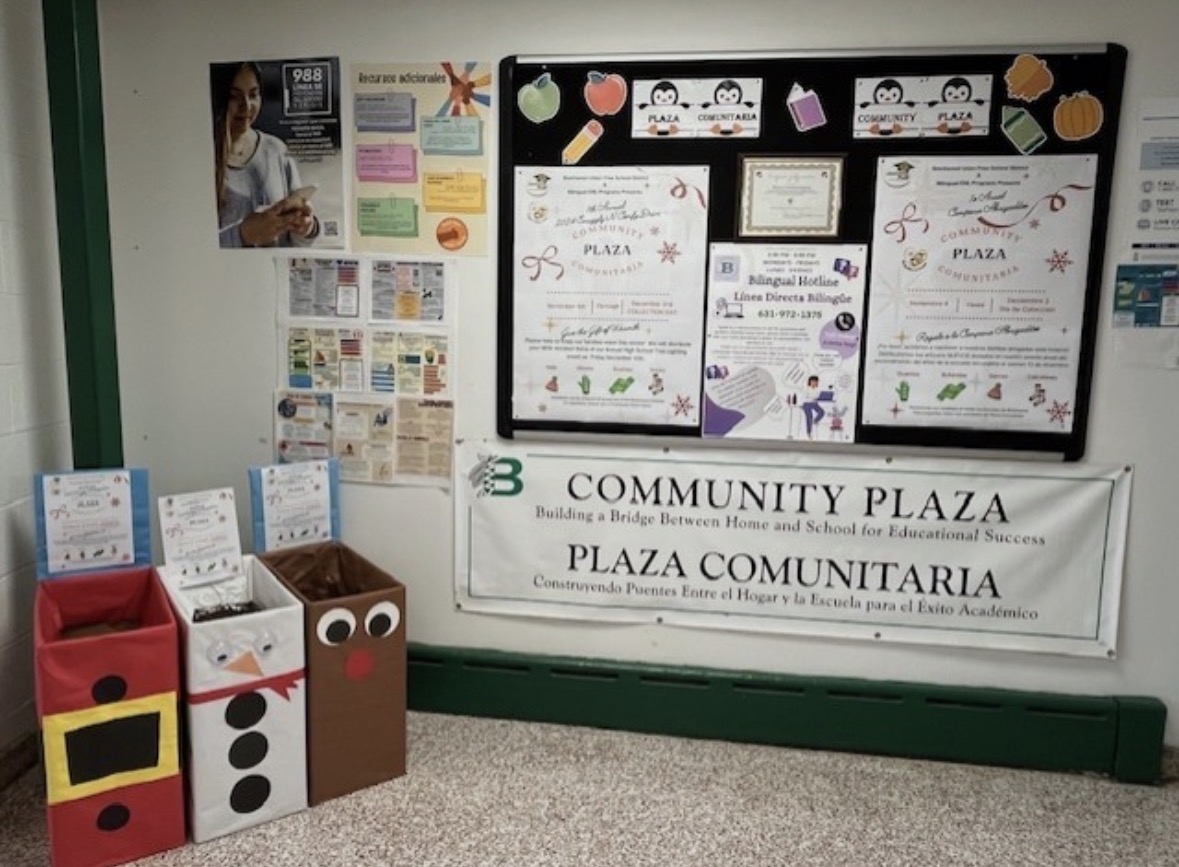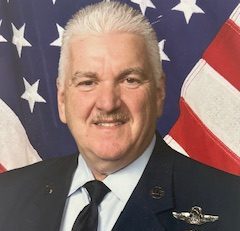Ten percent of children and young people aged 5-16 years have a clinically diagnosable mental health problem, yet 70% of children and adolescents who experience mental health problems have not had appropriate interventions at a sufficiently early age (Children’s Society, 2008).
Mental illness and everything surrounding it has been stigmatized and ignored for decades, causing many tragedies amongst our youth. Joshua Rivedal, a 40-year-old actor, musician, and comedian, is working tirelessly to change that.
“People aren’t broken, they bend,” Rivedal said.
His story begins in Trenton, New Jersey, with a lower middle-class family and a church. The Rivedals were picture-perfect in the eyes of the community, but behind closed doors; they were far from it. Rivedal would find out years later that the thing causing him pain as a child was emotional abuse from his father.
“That’s just what we let them see,” Rivedal says. “Indoors, we were more strangers than a family. My father was emotionally abusive, but I didn’t know that. I thought I was just being a miserable kid.”
Years later, Rivedal moved to New York City to be an actor and threw himself into work in an attempt to hide from his issues. In January of 2009, however, his entire world changed. Just two years after his parents split, Rivedal’s dad sadly took his own life.
“I was alone,” Rivedal said. “I was angry, sad, guilty, I even felt relief. Everyone in my family cut me off and my girlfriend of six years dumped me.”
The loss hit him so hard that he wasn’t eating, sleeping, or even practicing basic hygiene. He’d spend hours lying on the floor in tears, with no one to pull him off of it. He’d even started using substances as a distraction for months.
In fact, it wasn’t until his mother reached out to him that he began to so much as hope. She didn’t know how to help her son heal, but therapy seemed to be a start.
“All this stuff piled up and when I fell, I nearly shattered,” Rivedal said. “My therapist looked at me and said she didn’t think I wanted to die, just for the pain to end.”
Rivedal later wrote a piece online that the public really seemed to respond to. It was then that he began doing free presentations, as a way to both navigate through the unconventional mental health treatments and show others, they weren’t alone.
Today, Rivedal continues to navigate his depression and anxiety. Finding that all a person needs is support and resources. For someone to let a person know they were seen. His happen to be healthy distraction and cognitive behavioral therapy.
“I play with legos as a grown man,” Rivedal said. “Part of my grief process was putting it together with my art.”
In the last 13 years, Rivedal has gone to middle and high schools along with universities to tell his stories; travelling to places in the U.S., U.K., Canada, and Australia.
“I do this to show others: You don’t have to do it exactly like me. But here’s someone that got through it and continues to live, love, and thrive.”
If you’d like the full rundown on Rivedal’s story, you can check out his book: “The I’Mpossible Project: Changing Minds, Breaking Stigma, Achieving the Impossible” or visit http://www.joshuarivedal.com
If you ever feel as if you’re in crisis, know that help is only one call away:
(988)- Crisis Hotline
(631-952-3333)- Suffolk and Nassau County Mental Health Hotline









